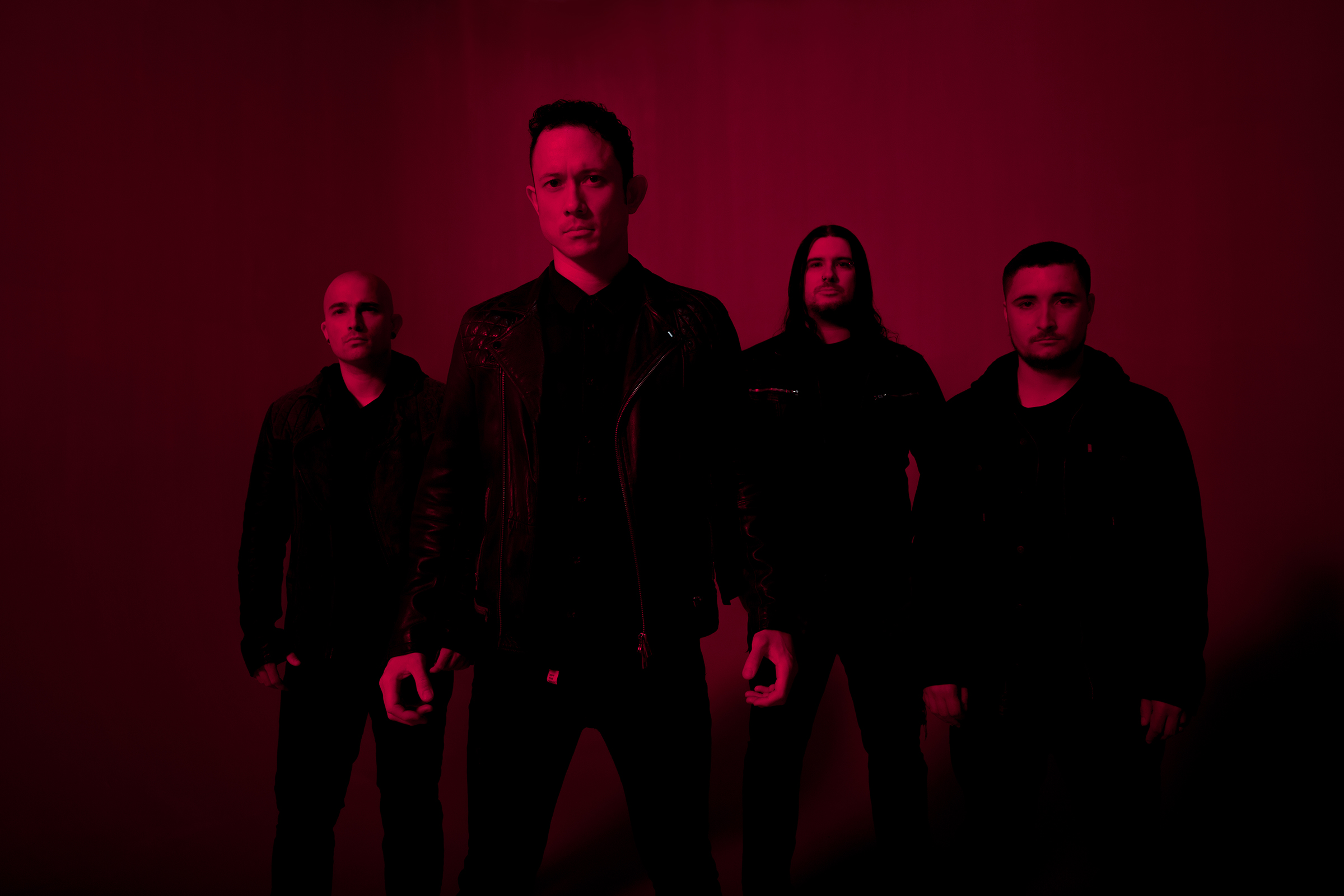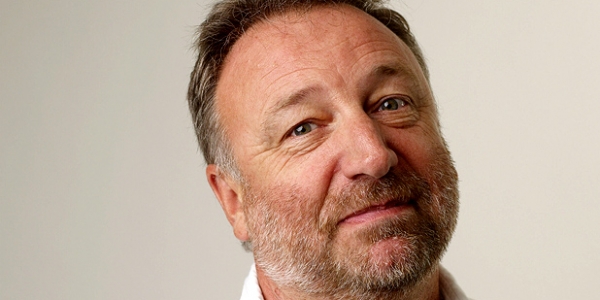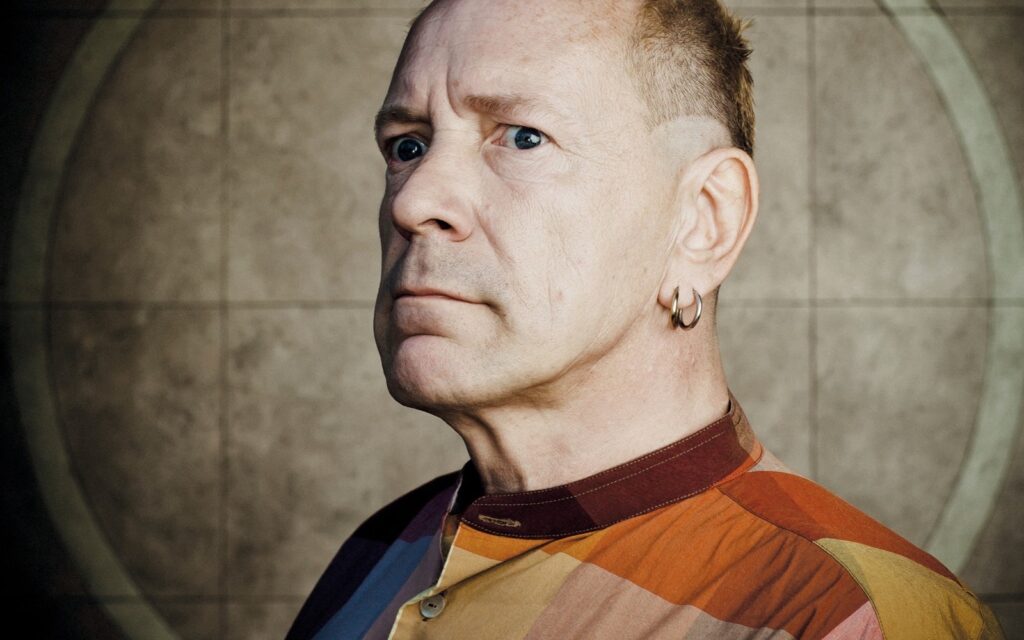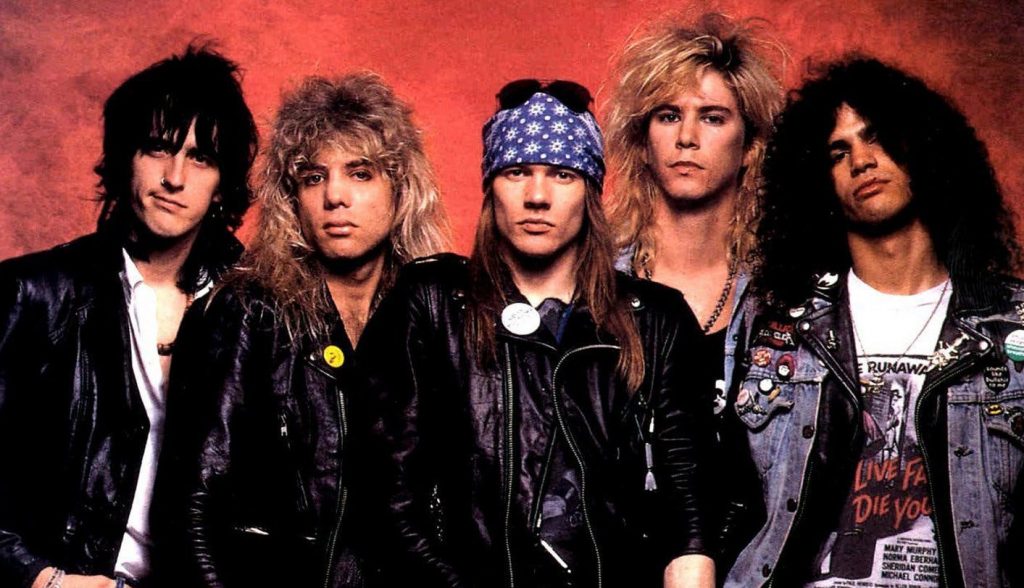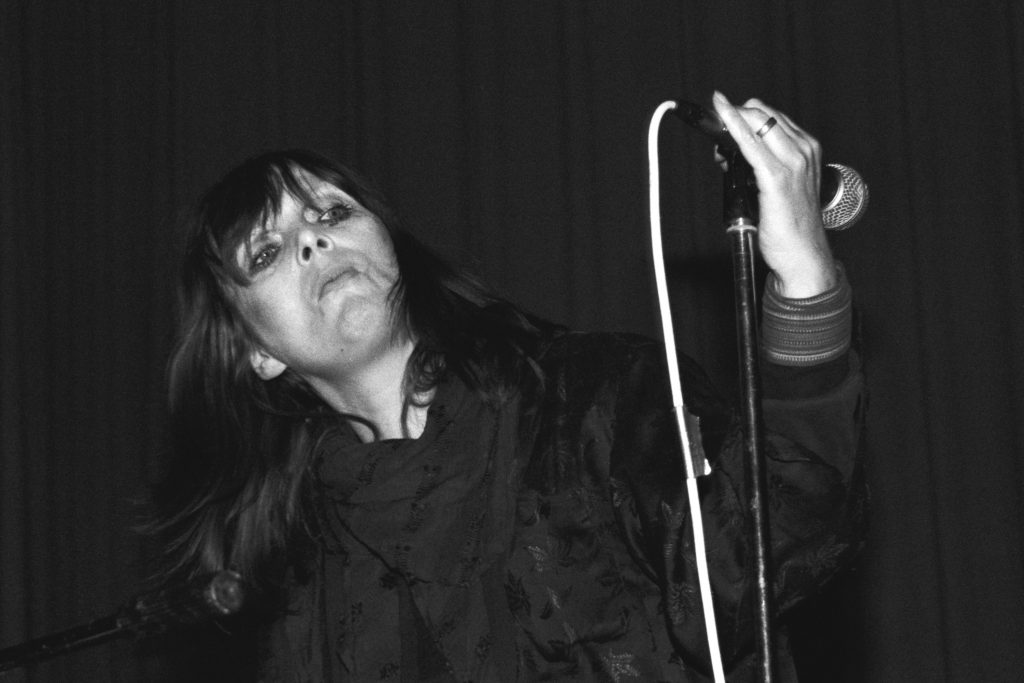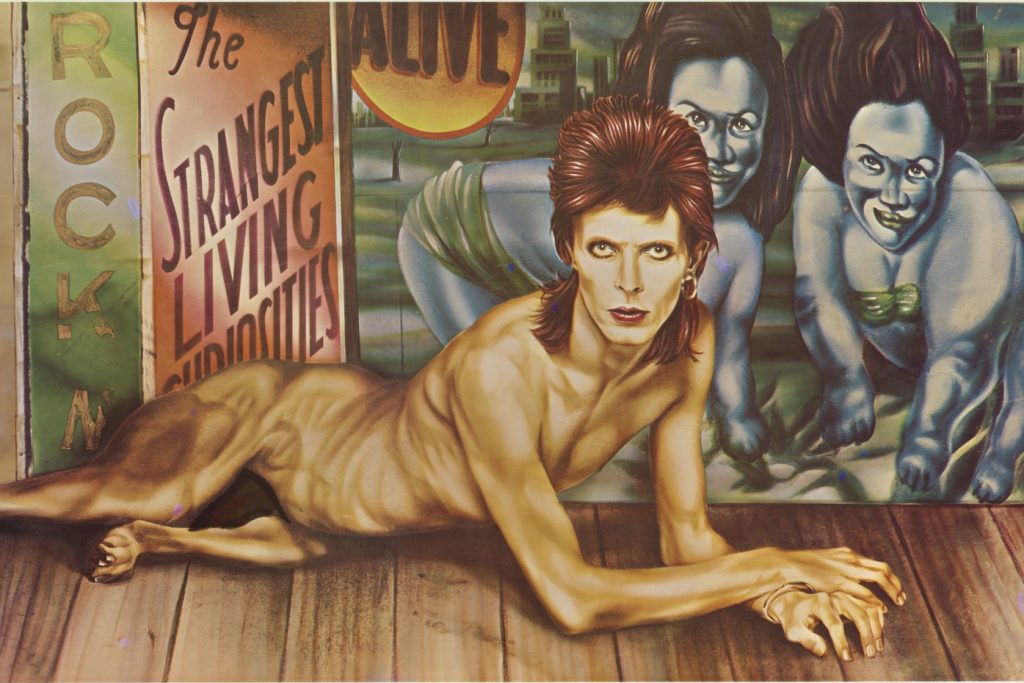Take bassist Paolo Gregoletto – his deeply entrenched love of his instrument has seen each of Trivium’s seven albums boast subtle change and delicate intricacies. Gregoletto’s approach to Trivium’s eighth studio album The Sin And The Sentence is different, but true.
“This is my first time playing with the new Warwick basses,” Gregolettosays. “I think it had a pretty big difference with the tone and maybe why it’s stuck out better than it has in the past.”
Aside from his tenure with Trivium, Gregoletto has spent his career contributing to all things bass with regular contributions to magazines, endorsements from several bass manufacturing giants, not to mention he’s partially responsible for most of Trivium’s work, having been writing songs for the band since he joined in 2004. He’saman who knows his craft and his instrument. “The writing process for me with bass, before I really lock down exactly what I’m going to do with all the intricate details,” he says, “It’s really a big picture thing.
“I could be playing guitar or bass at the early stages and when I’m working on stuff in the rehearsal space, we’re starting with a drum focus. Until the drums are locked in, I might have big things I want to get in, but a lot of the finishing touches, the interesting ideas, come when the drums have been recorded. I’m like, now I can finalise those last few things, this is the real thing now.”
There’s definitely intricacies in Gregoletto’s performance on the new album that haven’t been heard in previous releases. Gregoletto has described The Sin And The Sentence in a recent interview as being more extreme and yet when you want to both push yourself and still retain your identity, it can prove difficult to test the water but stay true to your identity.
This album also boasts the return of frontman Matt Heafy’s trademark screaming vocals after an injury that blew out his voice meant he was absent from their 2015 album Silence In The Snow. The true challenge for Trivium now is to create something that brings together the style and development of each of its members to reach these extremities of sound.
“When it comes to being extreme or intense, a lot of it comes down to when you have the riffs you like, and you come into the rehearsal room and start playing them – it comes down to how you’re playing them. I think the thing with Trivium is we have a very good idea of when we’re coming up to the line of is it too much? Is it too extreme? I think that’s something we’re very mindful of.
“For me, I’m always thinking, if we’re going to take something to a very extreme place, perhaps we need a counterbalance melody, and that’s either singing melodically or it’s in the guitar work, because I think that’s part of our sound as well. The drums set the tone.”
Certainly single ‘The Heart From Your Hate’ shows an exploration of the more melodic leanings included with Trivium’s traditional metal, and the two styles work to develop something of countermelody. Some might say that Trivium seem to be hesitant to go too heavy, to lose themselves to their own ambition and ideas. “I feel like in terms of being heavy, we could make a death metal record but then I’d feel like, is that Trivium?
“I full it’s being mindful of the elements that work for us, if there’s going to be certain types of heaviness. I’m always trying to think about how we can push ourselves, to be a little different, not just doing the usual cliché type things. Every song is different.
“It felt good to play the heavier stuff again, to play longer. The counterbalance to all this other heavy stuff and fast stuff, it’s something we’ve done enough that we’re comfortable with it.”
